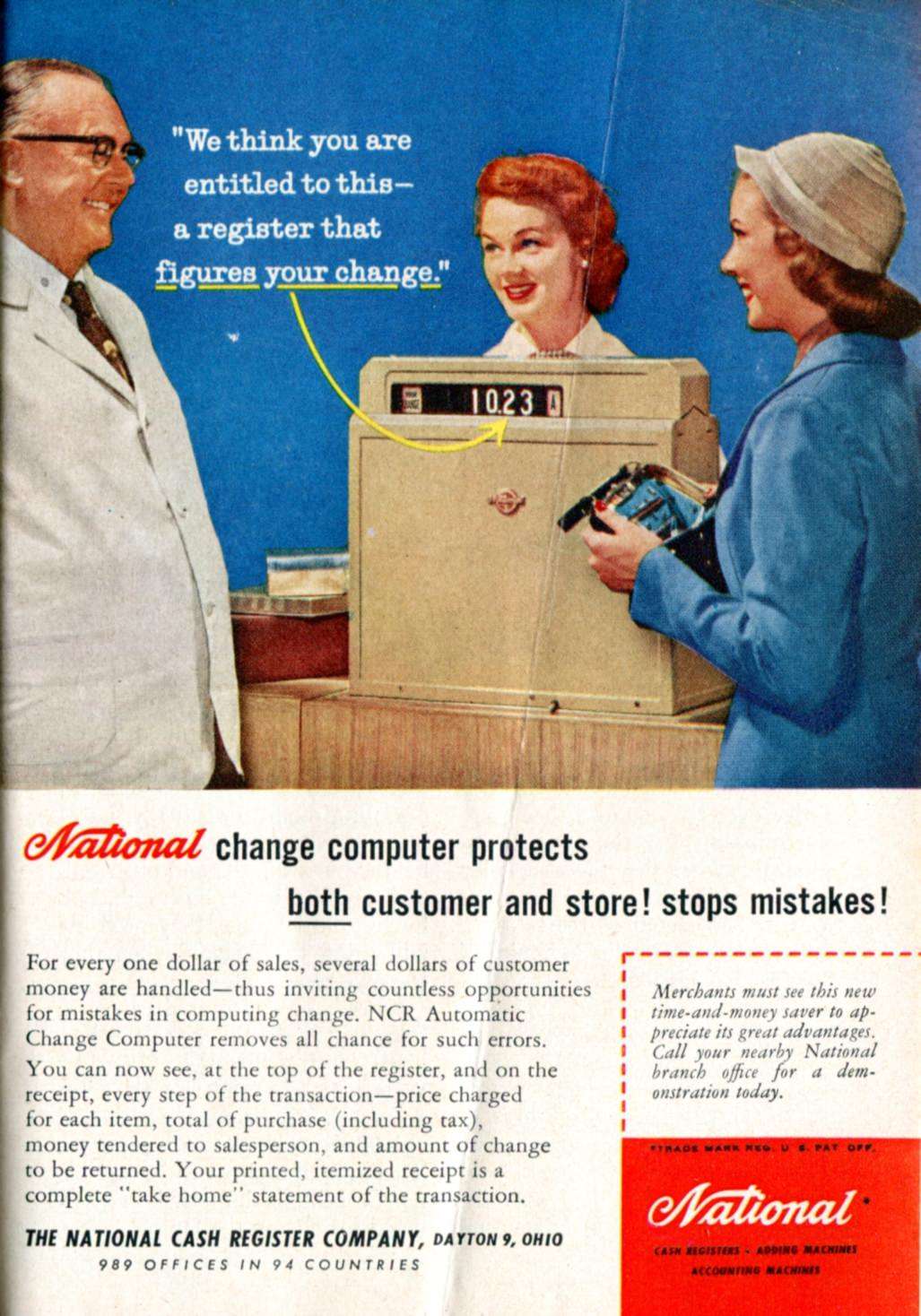Los Angeles City Council Votes Overwhelmingly to Raise Minimum Wage to $15 an Hour

For the past few years, liberal economists and policy wonks have been increasingly vocal in arguing that that it's not true that increasing the minimum wage costs jobs. As senior administration econ adviser Jason Furman said last year when President Obama called for a national increase in the minimum wage, "Zero is a perfectly reasonable estimate of the impact of the minimum wage on employment." Echoing the sentiment, The New York Times editorial board wrote around the same time that "the weight of the evidence shows that increases in the minimum wage have lifted pay without hurting employment."
The evidence for this isn't nearly as overwhelming as boosters sometimes like to suggest. Economists David Neumark and William Wascher, for example, have surveyed the literature and found that, overall, most studies still show that wage increases cost jobs. And the Congressional Budget Office (CBO) estimated that raising the federal minimum from $7.25 to $10.10 over a three year period would probably cost about 500,000 jobs, and perhaps as many as 1 million. But the CBO also said it was possible that the number of jobs lost would be minimal, pointing to some studies suggesting that the wage floor could be increased with very little effect on jobs, at least in certain circumstances, up to a certain point.
Economists can and will keep performing studies and meta-studies, and coming to whatever conclusions they come to in the process, but at this point there's really only one way to advance* this debate: Some place or places are going to have to try it out. Several cities have already taken steps to do so, and as of yesterday it looks like one of those places will be the city of Los Angeles, whose City Council voted 14-1 (!) yesterday to increase its minimum wage to $15 an hour, in a process that will likely take place over the next five years or so, reports The New York Times:
The increase — which the Los Angeles City Council passed in a 14-1 vote — comes as workers across the country are rallying for higher wages, and several large companies, including Facebook and Walmart, have moved to raise their lowest wages. Several other cities, including San Francisco, Seattle and Oakland, Calif., have already approved increases, and dozens more are considering doing the same. In 2014, a number of Republican-leaning states like Alaska and South Dakota also raised their state-level minimum wage by referendum.
The impact is likely to be particularly strong in Los Angeles, where, according to some estimates, more than 40 percent of the city's work force earns less than $15 an hour.
"The effects here will be the biggest by far," said Michael Reich, an economist at the University of California, Berkeley, who was commissioned by city leaders here to conduct several studies on the potential effects of a minimum-wage increase. "The proposal will bring wages up in a way we haven't seen since the 1960s. There's a sense spreading that this is the new norm, especially in areas that have high costs of housing."
Assume, just for a moment, that liberal wonks are basically right and it is possible to hike the minimum wage without significantly reducing employment. Fine, sure. But this only gets you so far, because at some point, a high enough minimum wage would eventually start to cost jobs. There's no serious person who thinks that employment will remain the same if you, say, raise the minimum wage to $100 an hour, or even $40 an hour. So the question becomes: If it's possible to raise the minimum wage some amount without significantly reducing employment, then how big a hike would it take to have a meaningful effect?
We may be about to find out, because the Los Angeles minimum wage hike is not in any way modest. The research suggesting that the wage floor can be raised without cost generally focuses on small hikes to lower levels. But relative to anything else, L.A.'s new minimum wage is not low. At $15 an hour, Los Angeles would, along with a few other places, basically have the highest minimum wage in the entire world, once you adjust for various factors—higher, really, than the minimum wage in France or Australia. Even if you think upward adjustments won't necessarily result in job losses, is it really plausible that this rather large hike won't eventually cost a fair number of jobs?
I suppose that workers, and those who hope to find work, in Los Angeles (and Seattle and elsewhere) will just have to wait and find out. If nothing else, I suppose, the move could serve as a useful (obviously imperfect) natural experiment. We'll probably be able to get county-comparison data over the next few years that should suggest how L.A. is doing compared to its neighbors.
One worry, however, is that local officials elsewhere may not wait until the results are in to decide whether to follow suit. The Times reports that "Tuesday's vote could set off a wave of minimum wage increases across Southern California," and perhaps even beyond, in places like New York, where Gov. Andrew Cuomo is putting a wage increase on the table, and has suggested that he wants New York to lead the nation. That might be welcome news for whichever workers who get paid more as a result of the law, but I rather suspect that those who end up losing their jobs or unable to find work won't be quite as pleased.
*I initially wrote "solve," but then I thought better of it.


Show Comments (138)